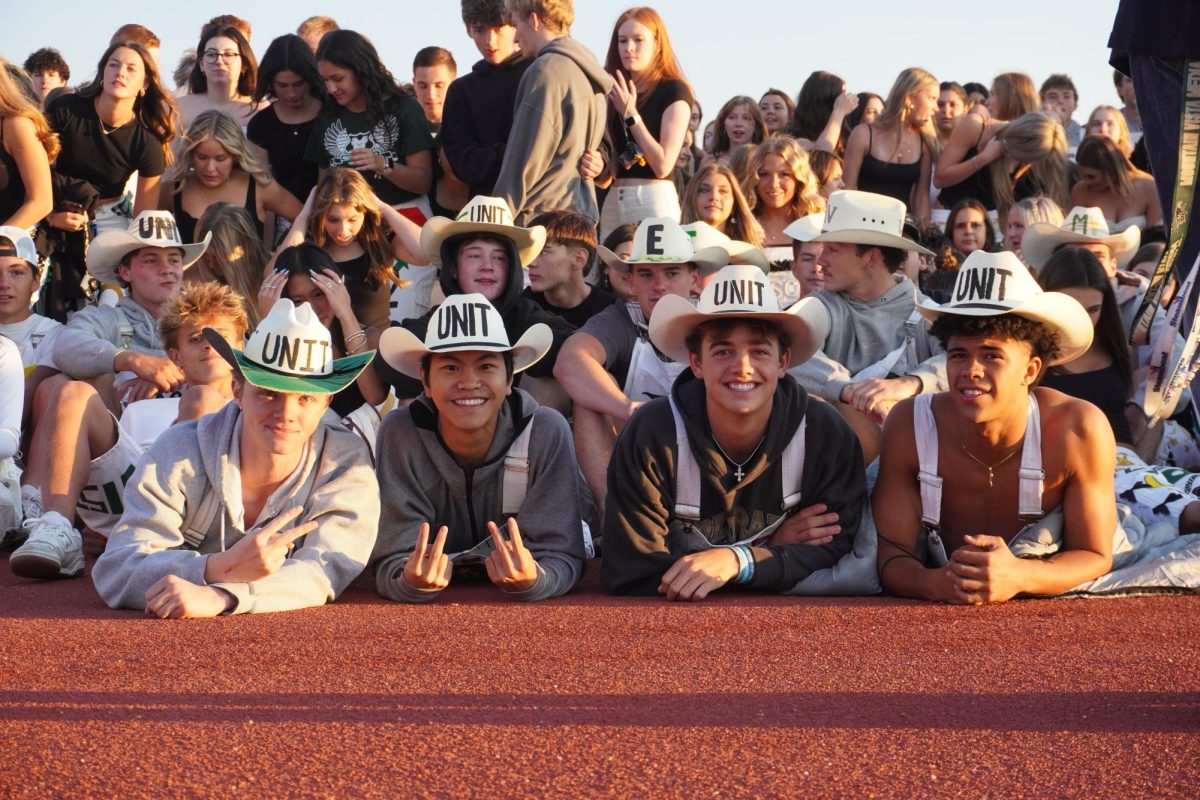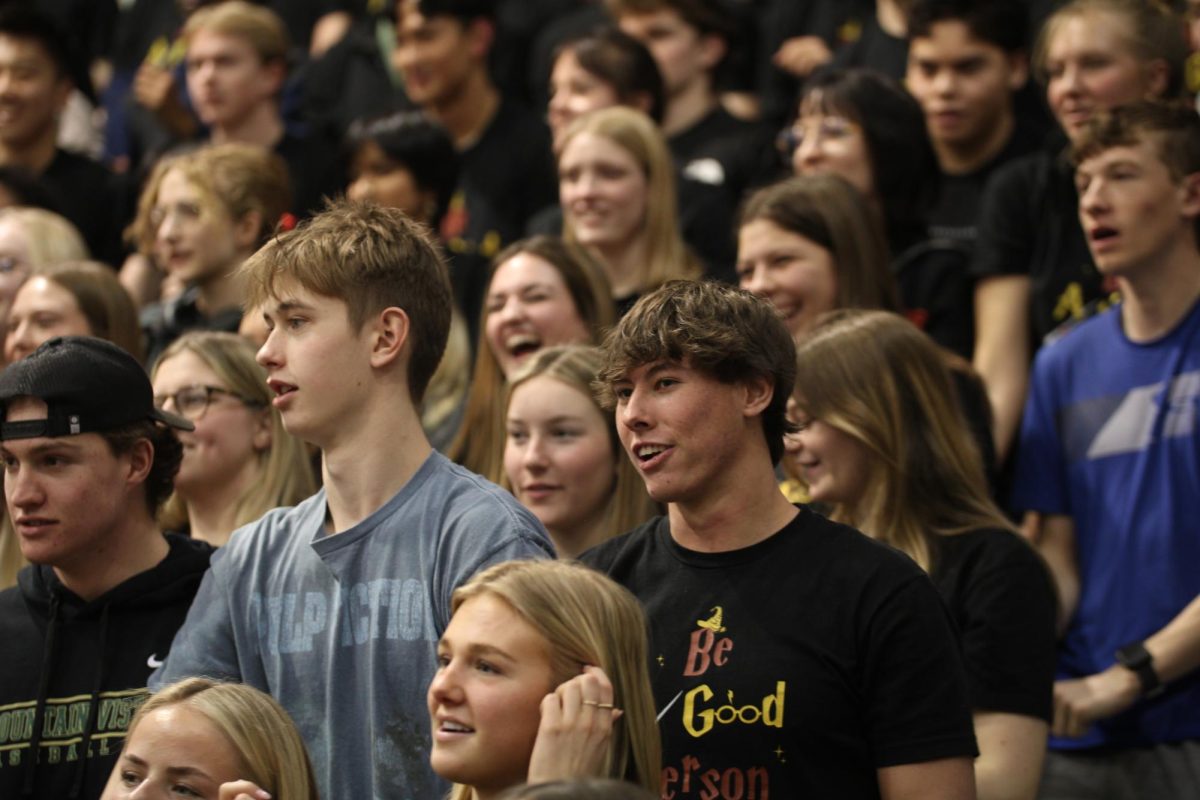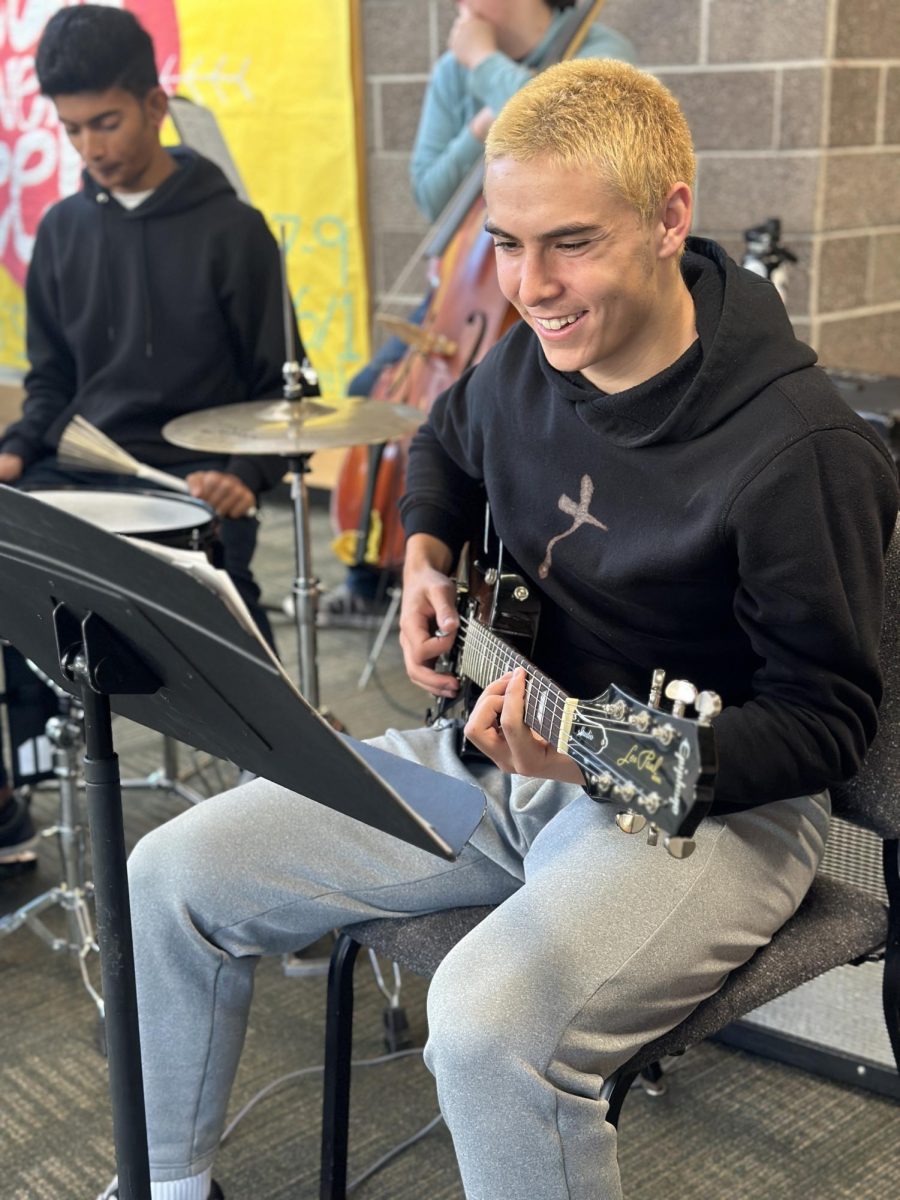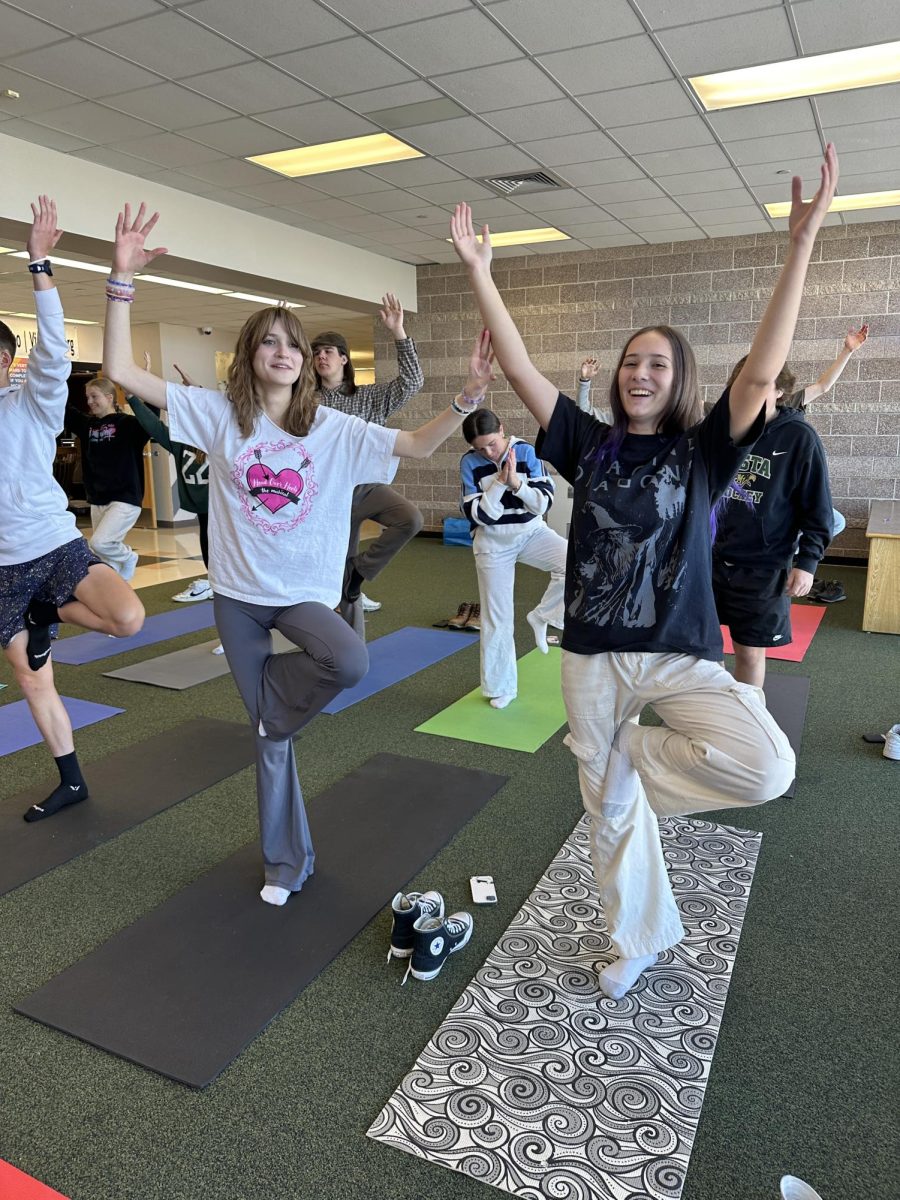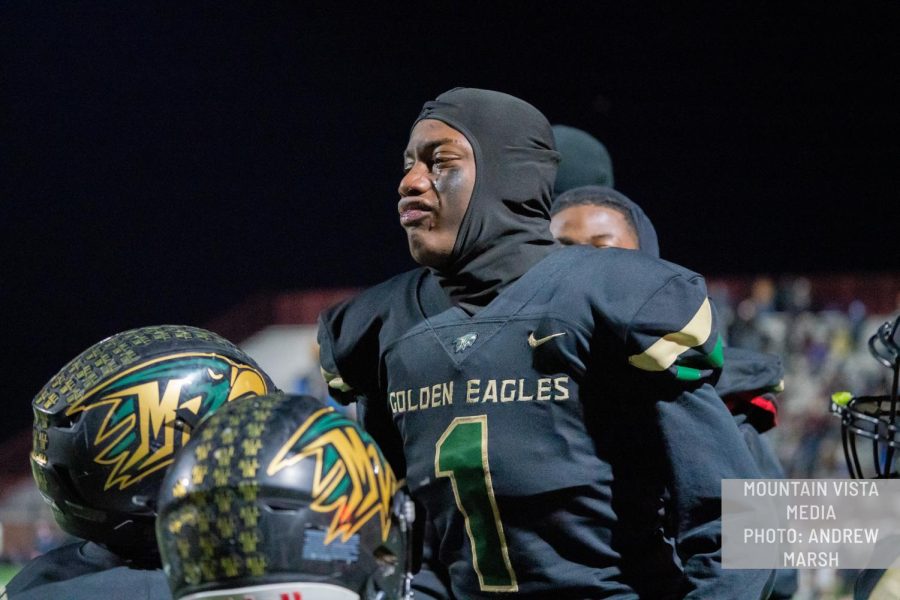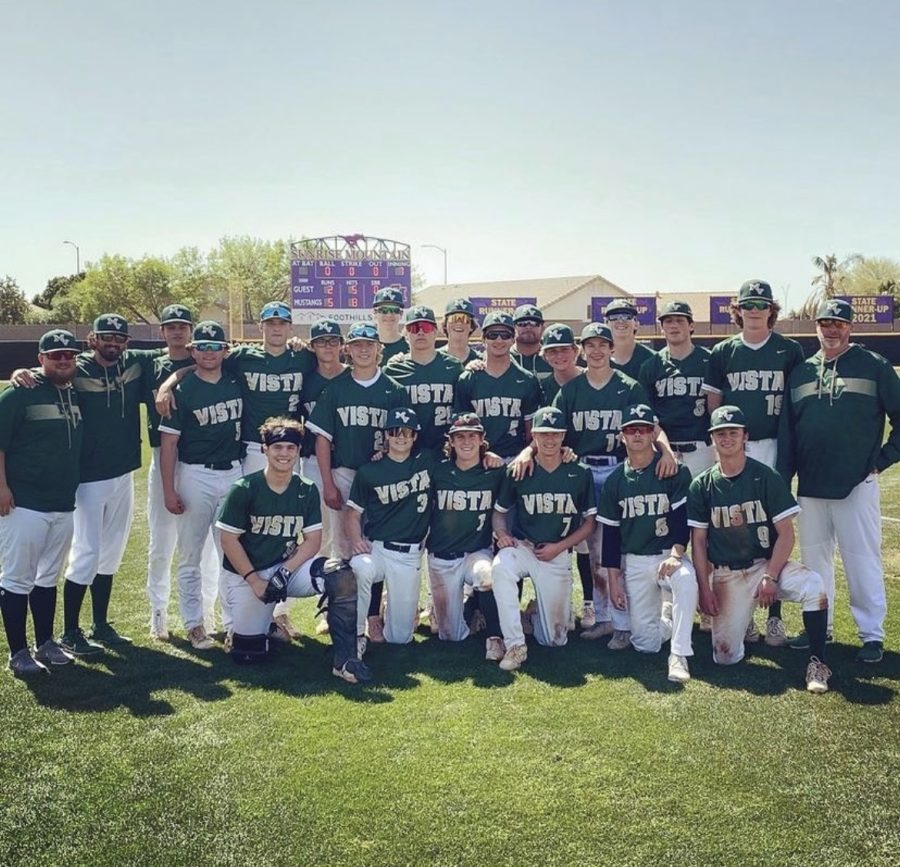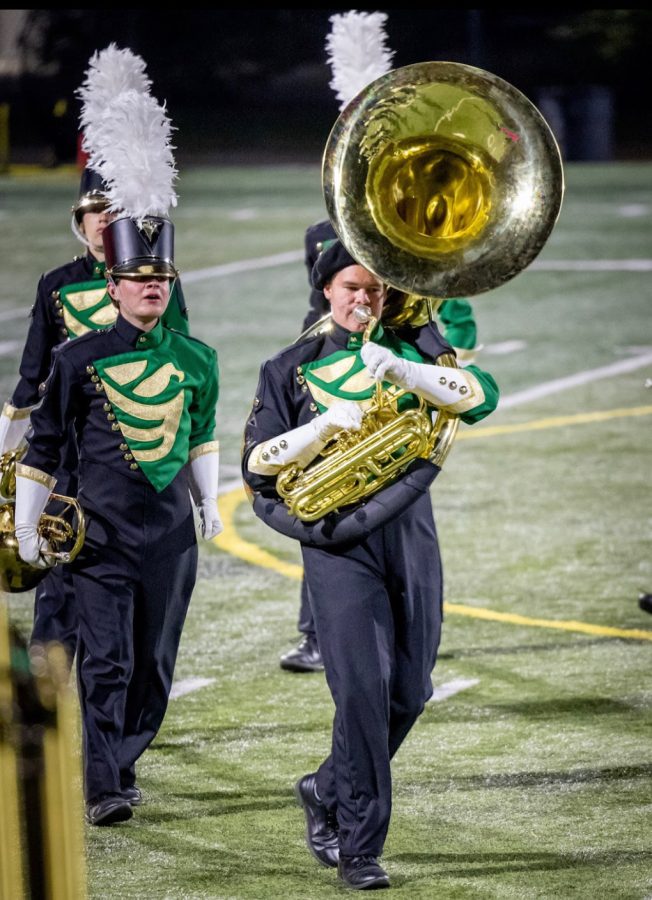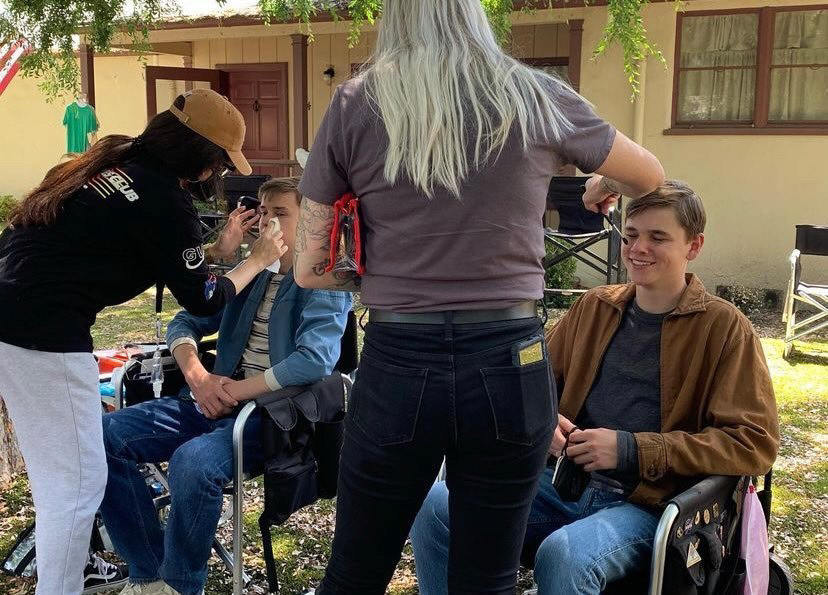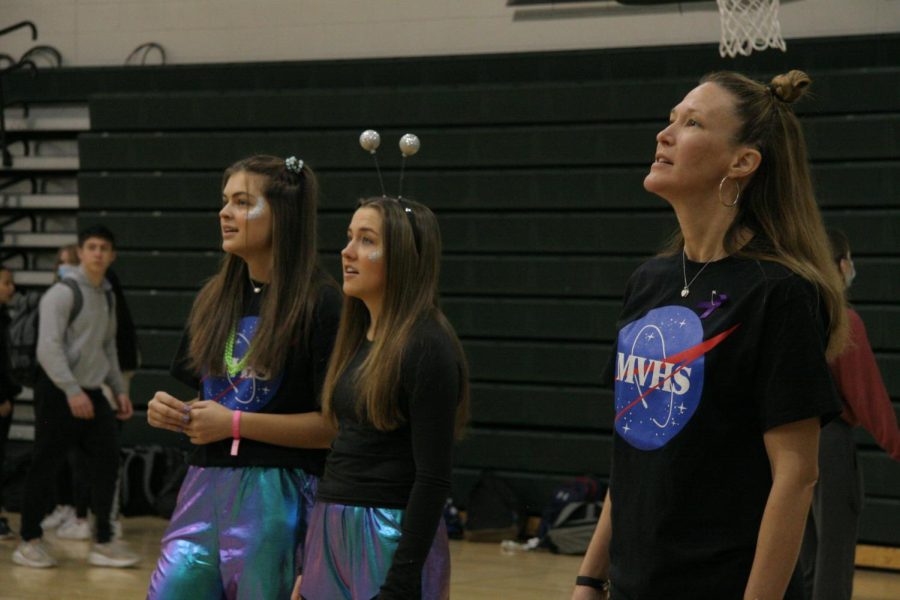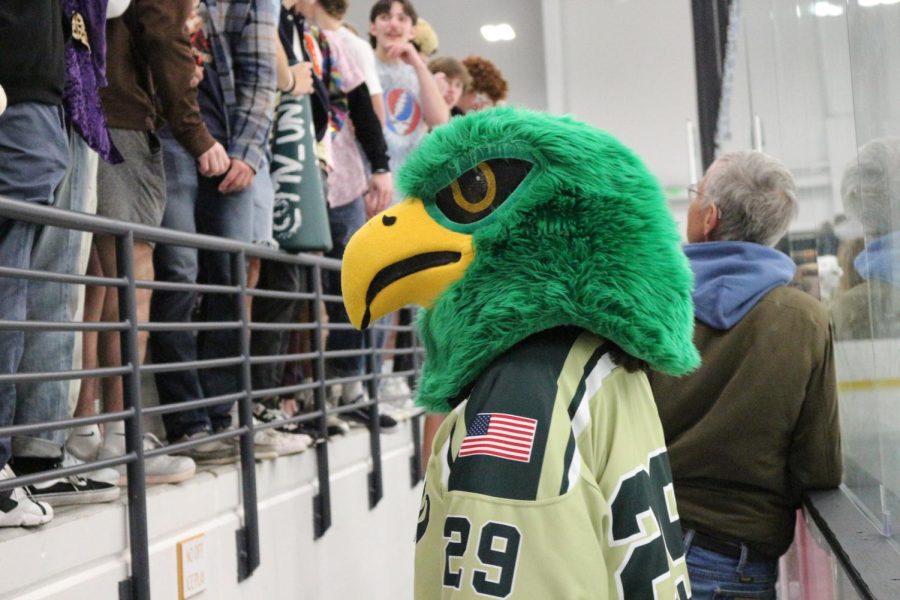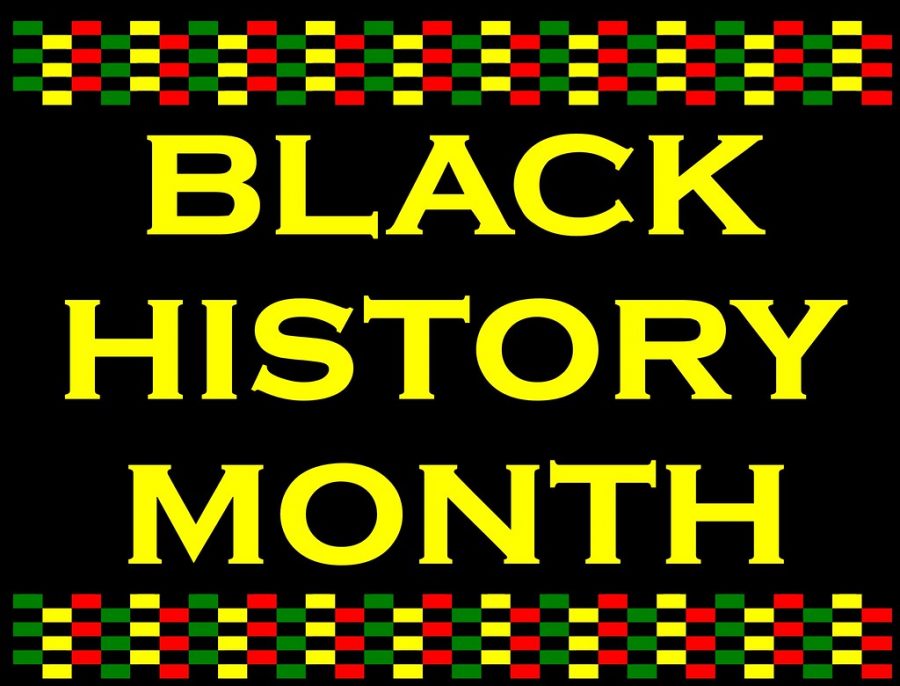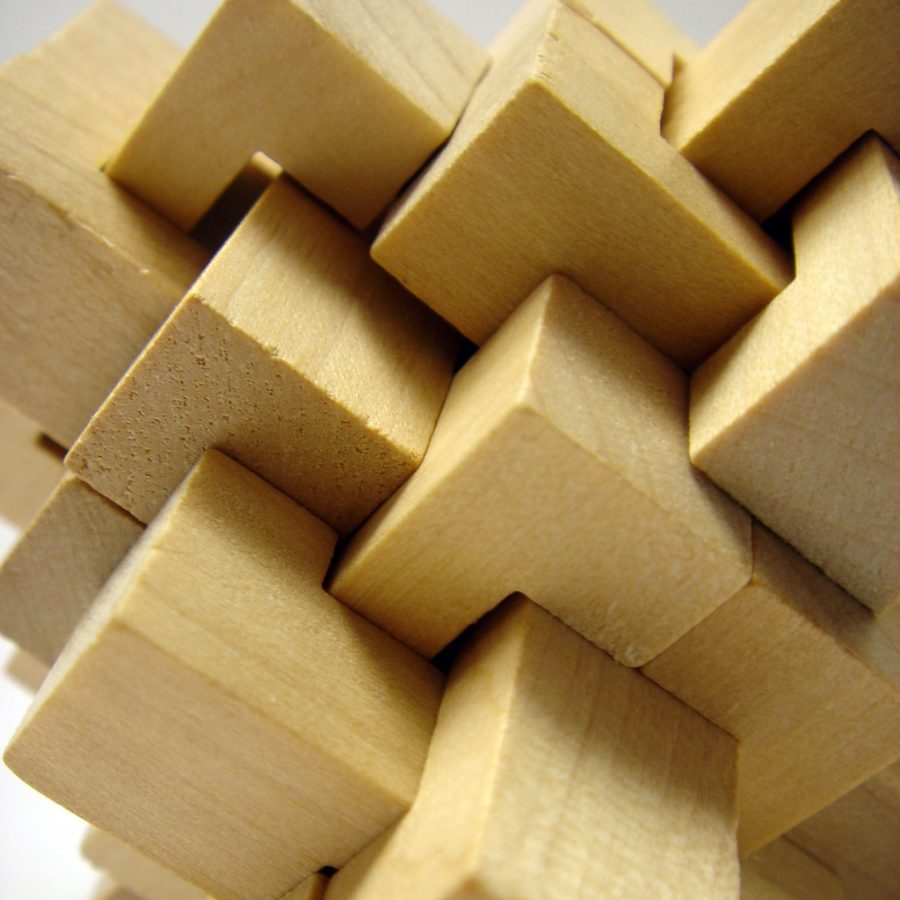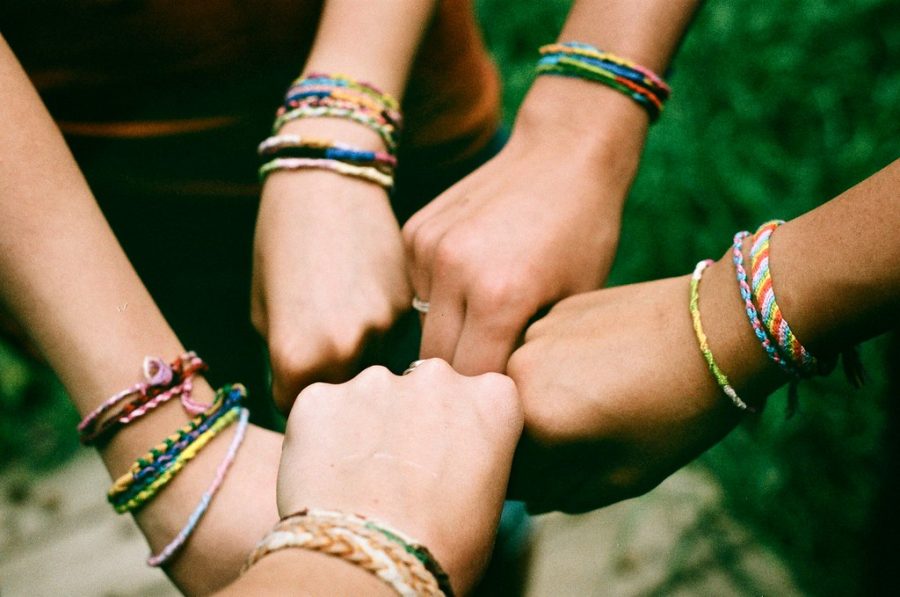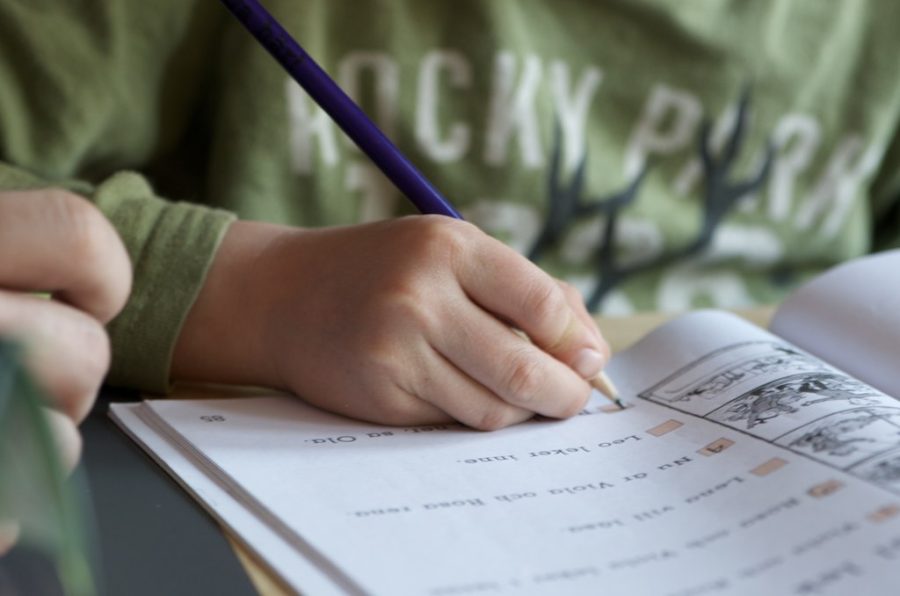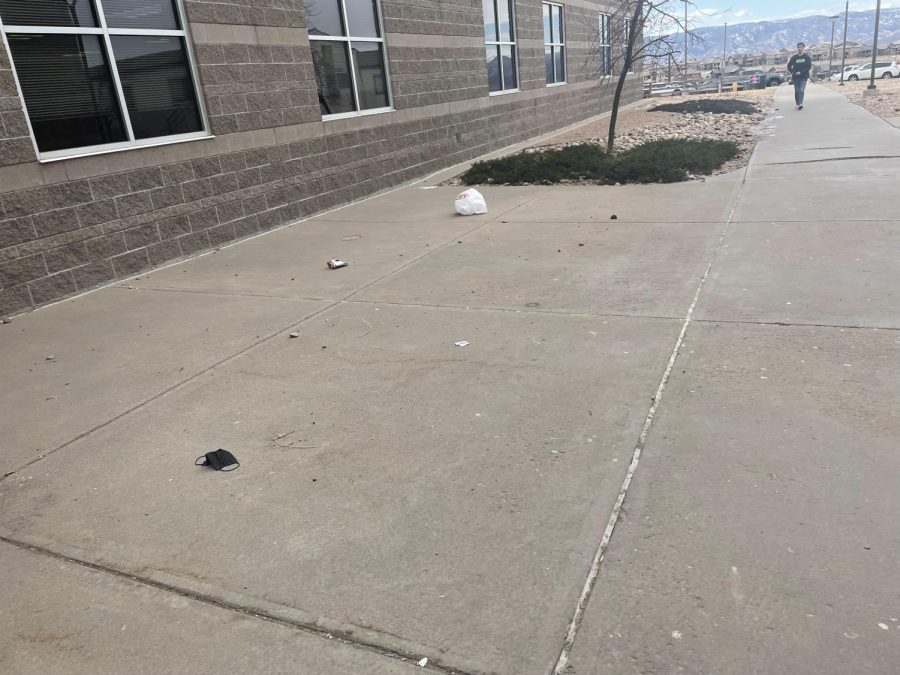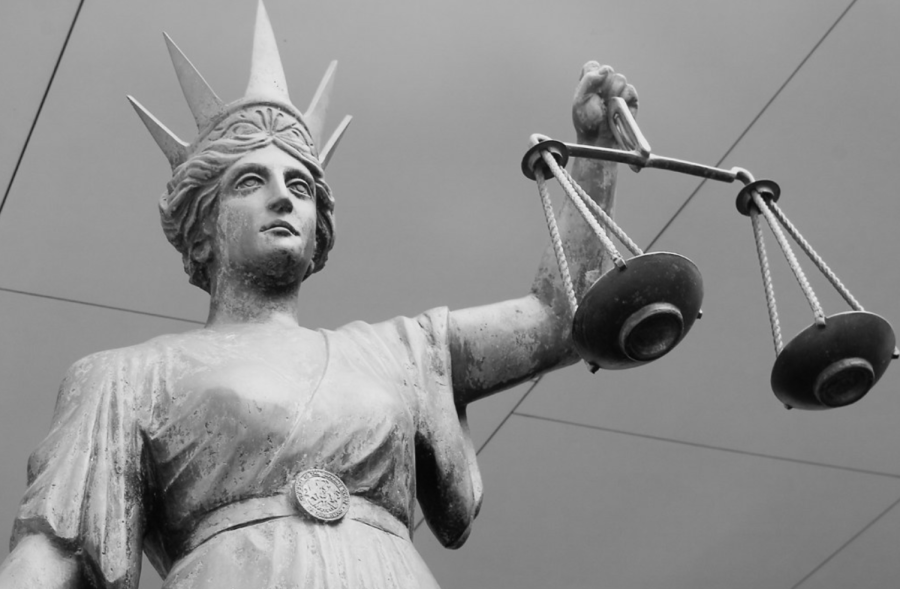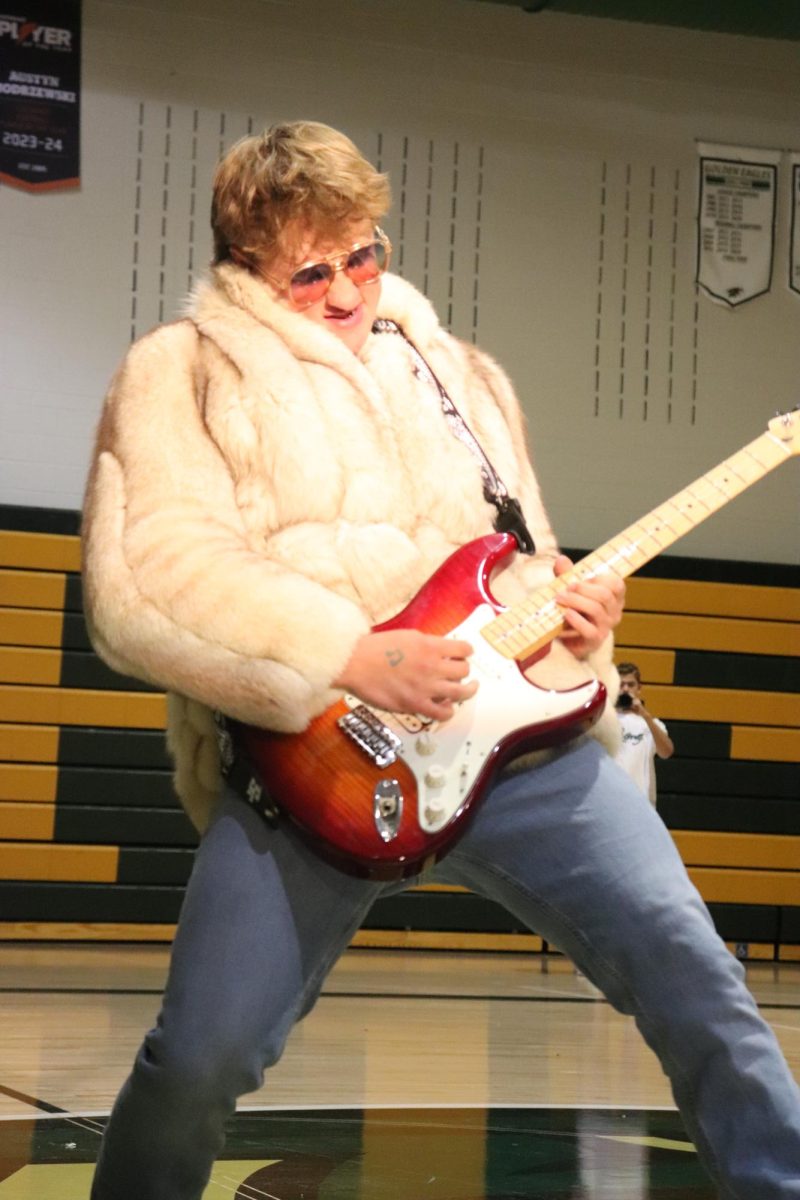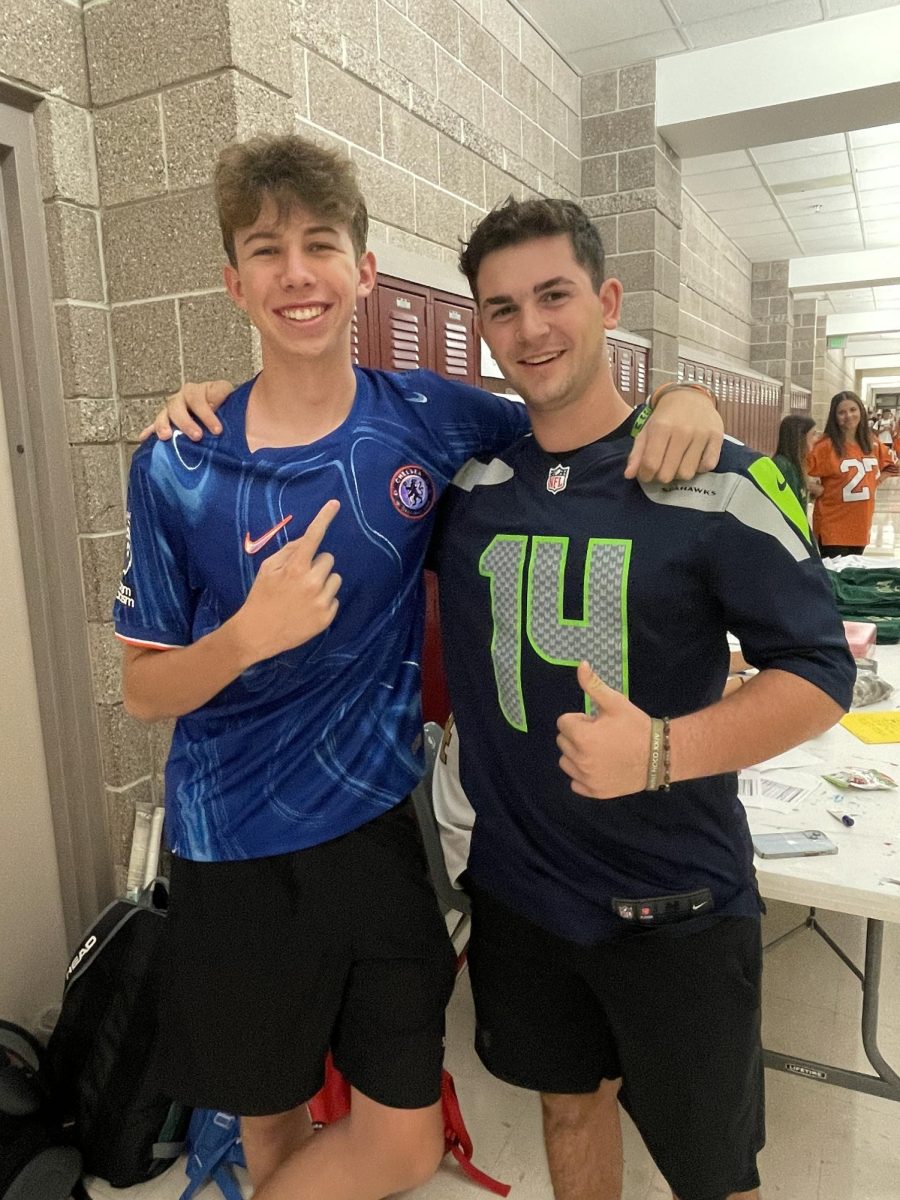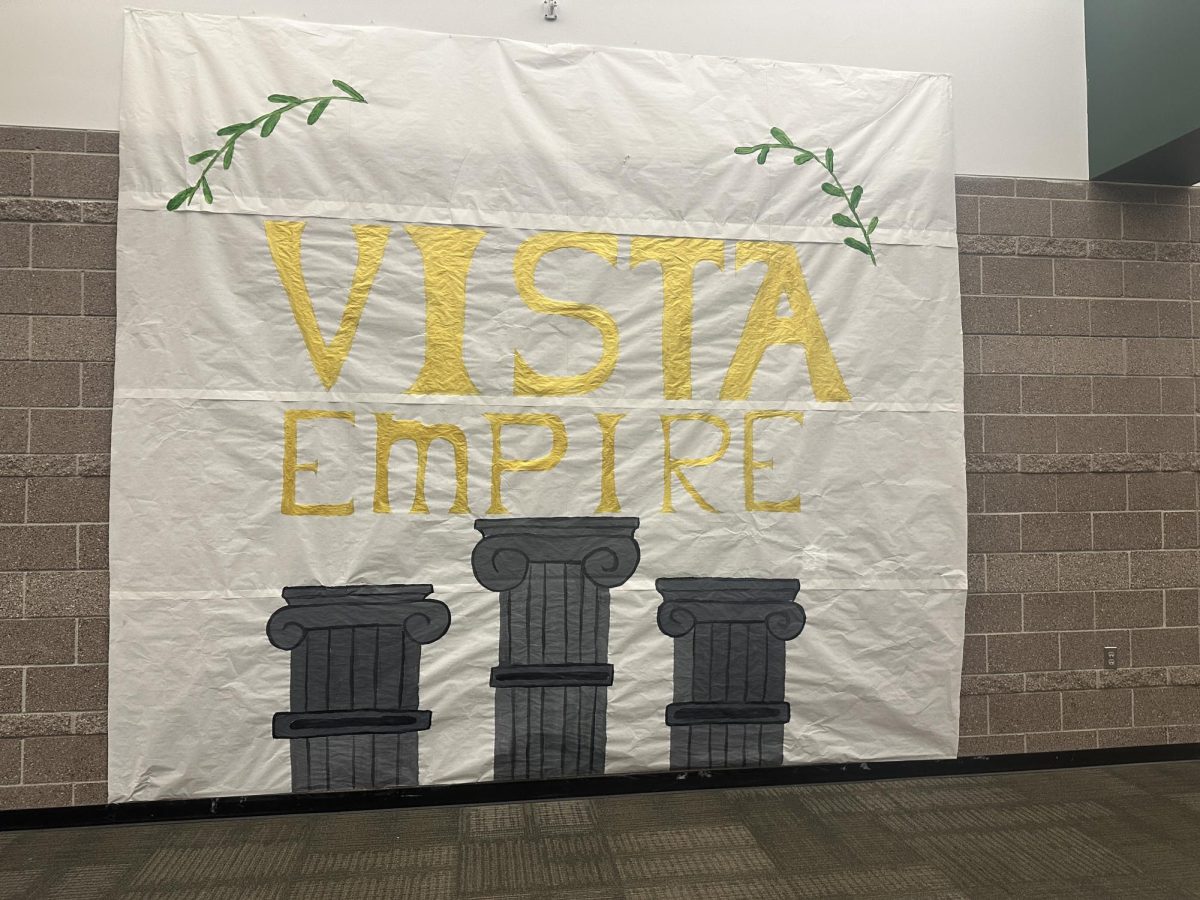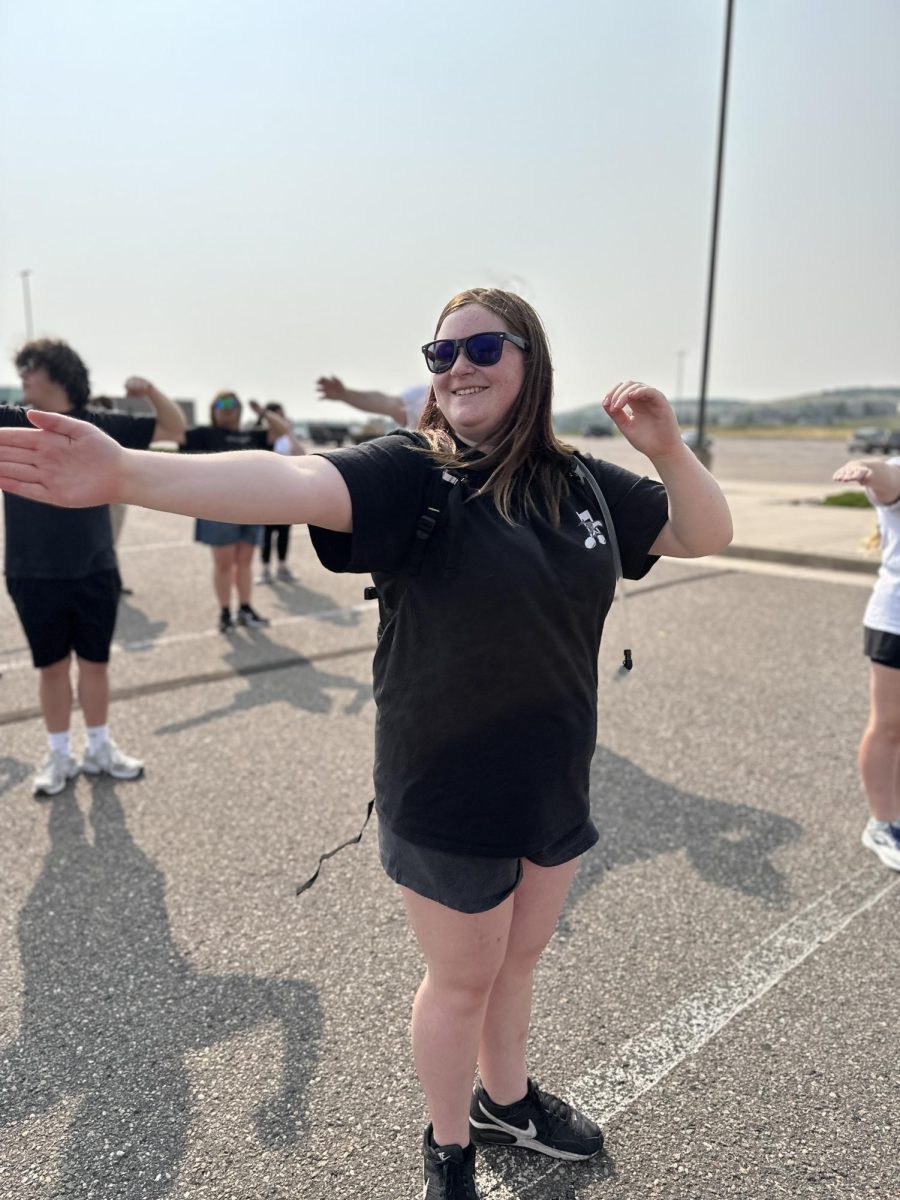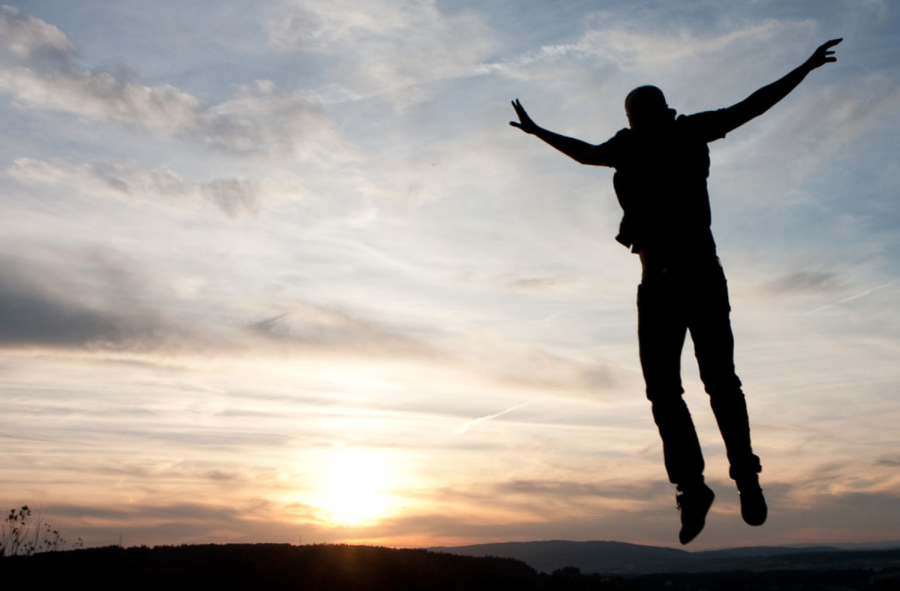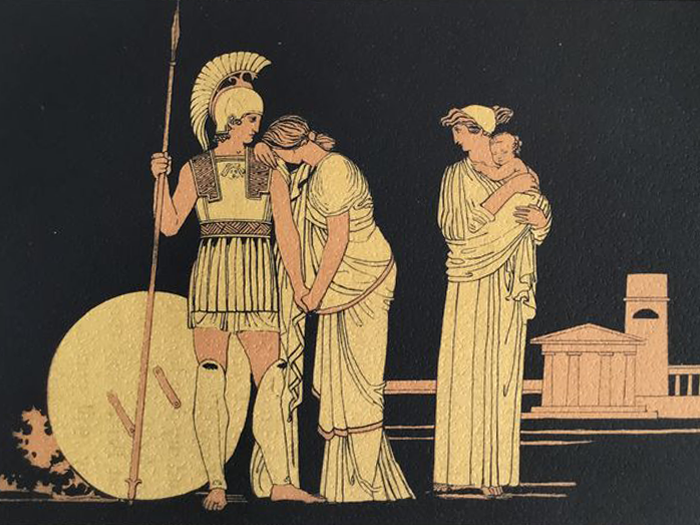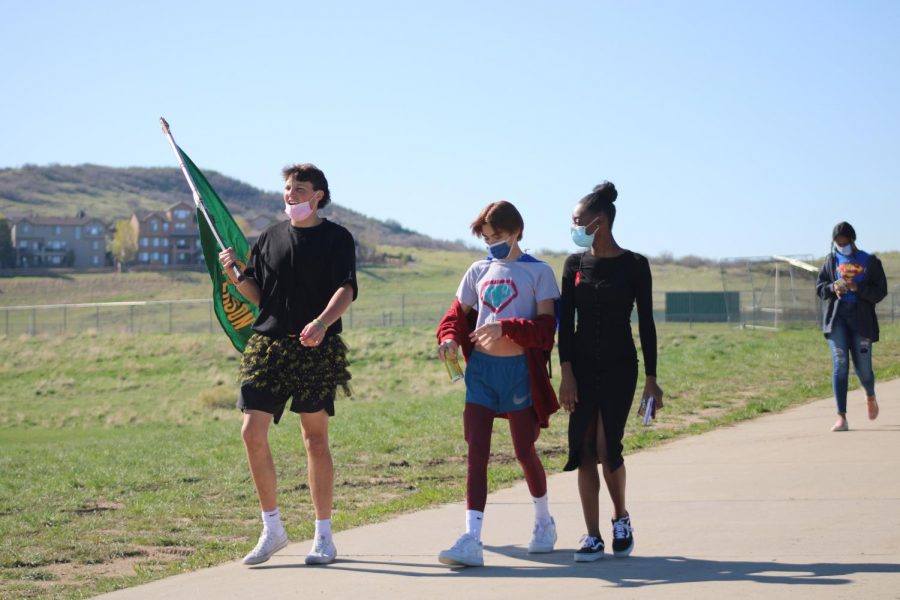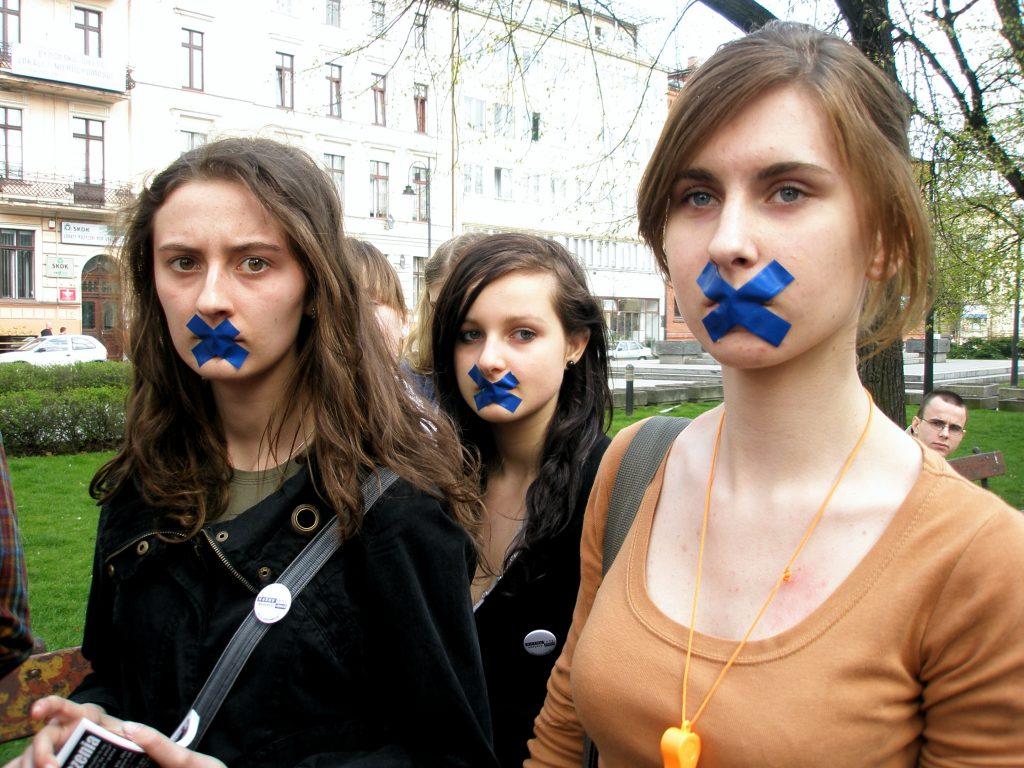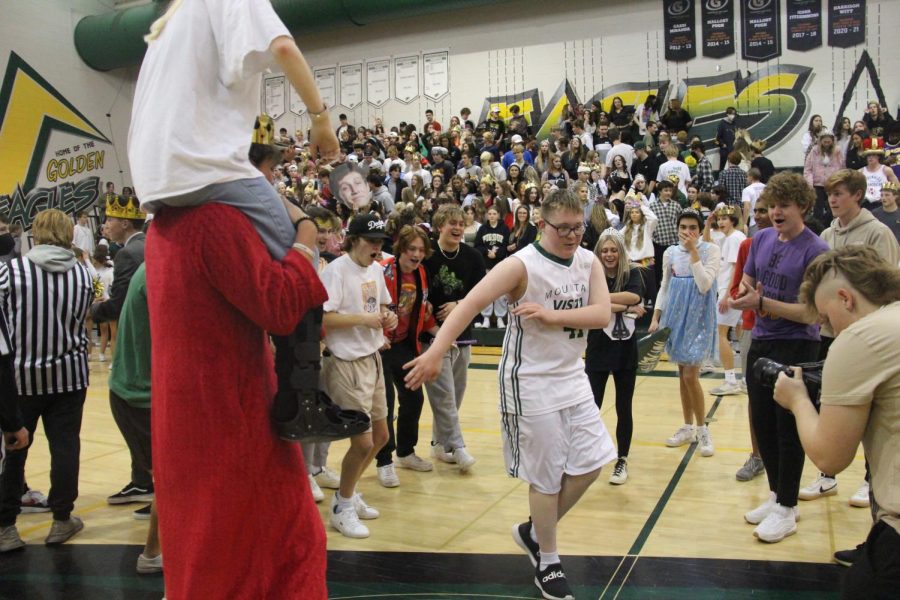STACI PREVATO
High school is known for its noisy hallways. Students can almost always feel overwhelmed within the school. However, there is one day every year where the school is almost unnaturally quiet: the Day of Silence. Students who sign the pledge will be excused from talking in classroom activities for the entire day, as they are exercising their first amendment right not to speak.
But why do we have a day of silence? As the Gay, Lesbian and Straight Education Network (GLSEN) 2013 National School Climate Survey discovered, nearly 9 in 10 lesbian, gay, bisexual, transgender, queer or questioning (LGBTQ) students report verbal, sexual or physical harassment at school, and more than 30 percent reported missing at least one day of school a month out of fear for their personal safety. Moreover, two of the top three reasons students said their peers were most often bullied at school were actual or perceived sexual orientation and gender expression, according to From Teasing to Torment: School Climate in America, a 2005 report by GLSEN and Harris Interactive. The Day of Silence is a peaceful protest that allows students to take a pledge to silence their voices in honor of all members of the LGBTQ community who have been forced to keep silent about their choices.
“We have always had a population of students at Vista that were LGBTQ and so from that standpoint it was always a situation of being inclusive. It [is] a situation of networking [to] help kids thrive,” Gender Sexuality Alliance (GSA) club sponsor Lori Schwendeman said.
This event has become a national commodity over the past 20 years, where the first Day of Silence was held at the University of Virginia in 1996. In 1997, the organizers involved nearly 100 colleges and universities to further the cause. Since the original events, GLSEN, a non-profit organization, has become the official sponsor for the event.
GLSEN also uses the Day of Silence to commemorate the death of Matthew Shepard. Shepard was a college student victim of one of the most notorious anti-gay hate crimes in 1998 that would later help create the Matthew Shepard and James Byrd Jr. Hate Crimes Prevention Act, a federal law against bias crimes directed at lesbian, gay, bisexual or transgender people. Shepard’s family also created the Matthew Shepard Foundation. Its mission is to erase hate by replacing it with understanding, compassion and acceptance; as inspired with how Matthew Shepard lived his life with passion, kindness and a vigor towards progressing civil rights.
Kira Amels,12, plans to participate this year. This will be her fourth year silencing her voice in honor of those who have had theirs silenced. “The silence allows some time for introspection. We spend the entire day holding our thoughts within us. In the silence, the quiet voices flourish. We hear those silenced by bullying by honoring them with just listening. We take a moment to remember those silenced by hate by consuming our time with thought rather than chatter,” Amels said.
This is the 12th year Vista has hosted a Day of Silence.

